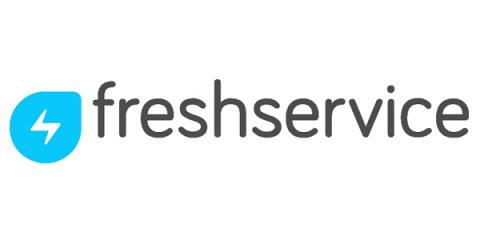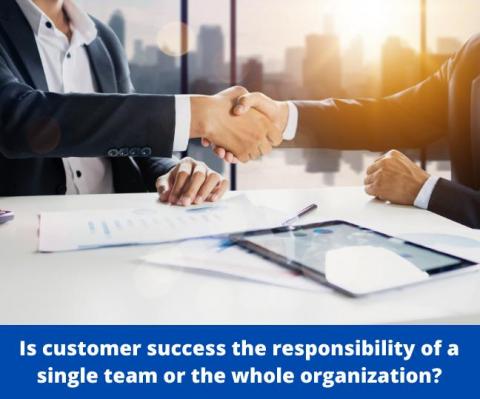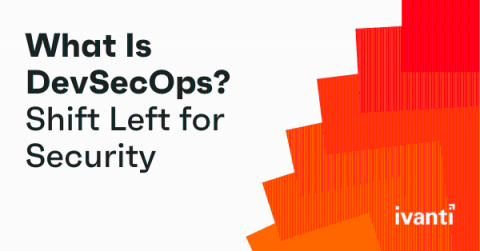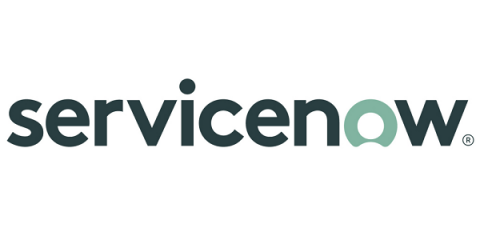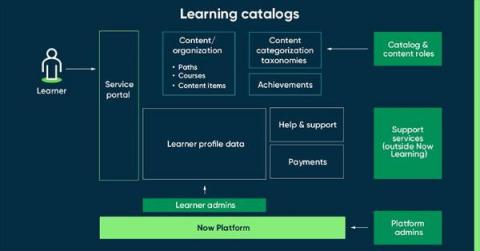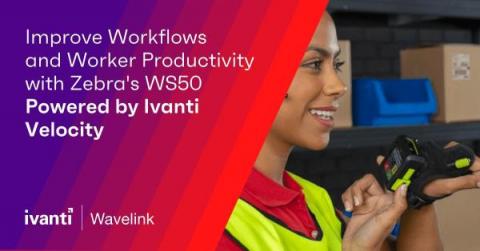Operations | Monitoring | ITSM | DevOps | Cloud
Latest News
Subnet Masking Cheat Sheet: A Beginner's Guide to Subnetting
Leverage these 6 features of your ITSM tool to improve employee experience
With a paradigm shift to hybrid work practices and remote working, some critical questions arise. Firstly, how can organizations optimize employee engagement by using service management technology and principles? Secondly, how to digitize processes and assets? Thirdly, and most importantly, how to keep operations running in a world where the ‘work-from-anywhere’ workforce model is prevalent?
Is customer success the responsibility of a single team or the whole organization??
What Is DevSecOps? How Great Developers Shift Left for Security
In the alphabet soup of IT buzzwords, DevSecOps is one of the more confusing abbreviations. More than just a trendy buzzword, DevSecOps is the mature organization’s next evolution in comprehensive development processes.
Microsoft implements Predictive Intelligence to modernize support
Creating a seamless digital support experience can make employees, service desk agents, and businesses more successful. Automating mundane, time-consuming tasks, such as triaging incidents and shifting to a proactive support model offers numerous benefits: That’s why ServiceNow and Microsoft entered a strategic partnership to help mutual customers accelerate digital transformation, create great experiences, and unlock productivity, including leveraging artificial intelligence (AI).
Inventory Management in the Hospitality Industry: Importance and Benefits
The hospitality industry has a broad variety such as restaurants, cafes, hotels, lodging, food & drink services, event planning and management, travel, and tourism. For small size organizations managing inventory is not a big issue but when their business grows managing inventory becomes hectic and complicated. Since the hospitality industry is full of inventory and important assets that is why inventory management in the hospitality industry is crucial to running the business efficiently.
Importance of Data Stewards for Master Data Management: The Power of a Single Version of the Truth
Reimagining training and certification: A customer zero story
Activity on Now Learning, ServiceNow’s learning platform for training and certification, is on the rise. Total logins rose 25% between 2020 and 2021, and on-demand course completion increased 43%. As ServiceNow revenue continues to grow at 30% per year, the demand for skilled administrators, developers, and architects is rapidly increasing.
Wearables Are Hot! And Zebra's WS50 Is No Exception with Velocity
A new generation of wearable computers has entered the market. These new devices are the result of technology convergence, which is the tendency for technologies that were originally unrelated to become more closely integrated and even unified as they advance.




